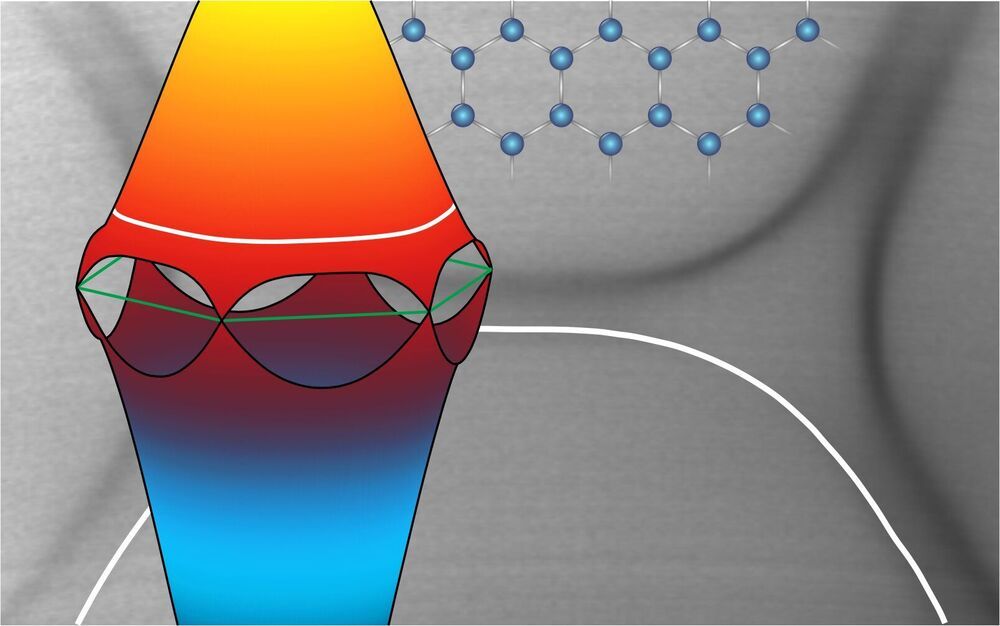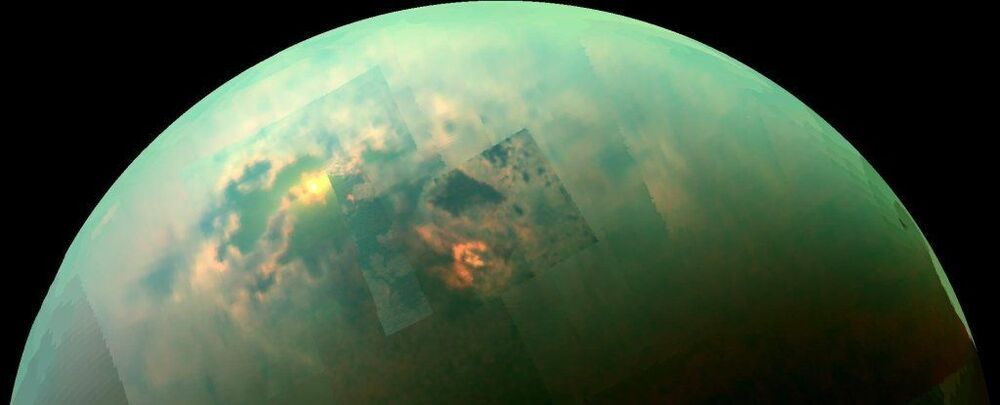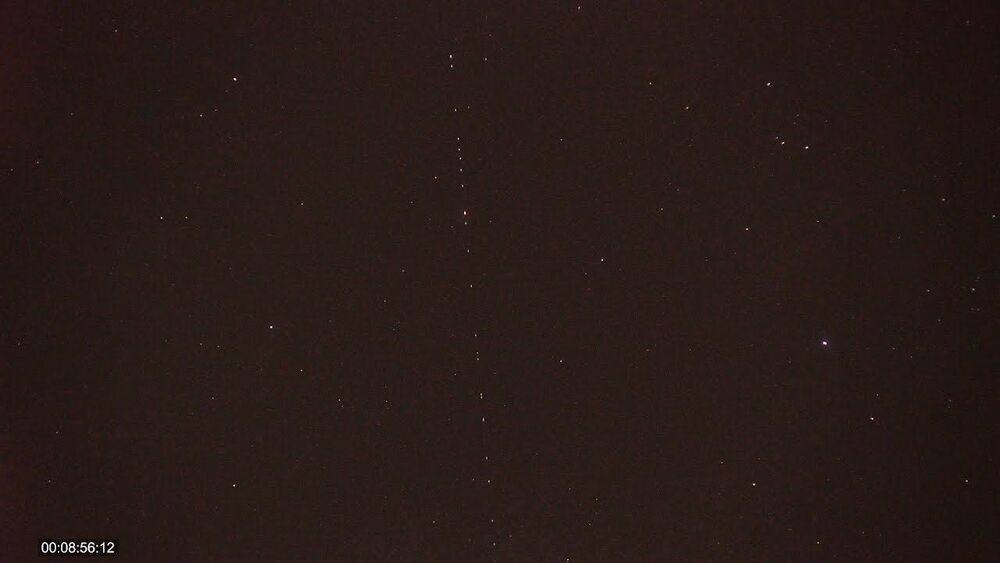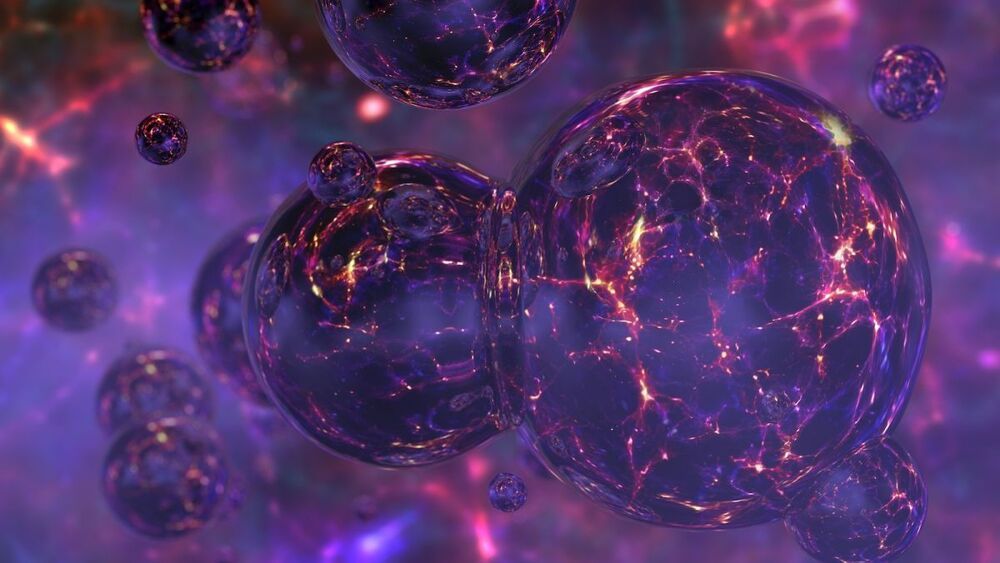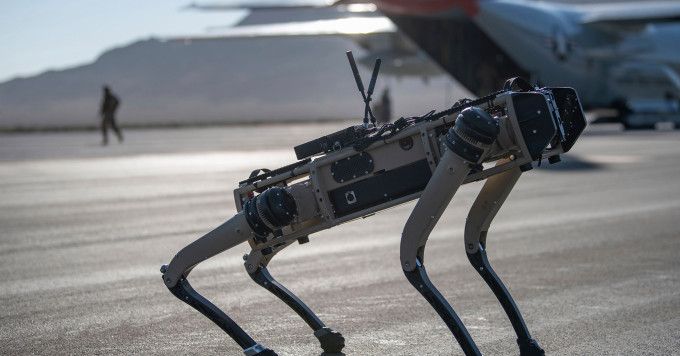For over a decade, theoretical physicists have predicted that the van Hove singularity of graphene could be associated with different exotic phases of matter, the most notable of which is chiral superconductivity.
A van Hove singularity is essentially a non-smooth point in the density of states (DOS) of a crystalline solid. When graphene reaches or is close to this specific energy level, a flat band develops in its electronic structure that can occupy an exceptionally large number of electrons. This leads to strong many-body interactions that promote or enable the existence of exotic states of matter.
So far, the exact degree to which the available energy levels of graphene need to be filled with electrons (i.e., “doped”) in order for individual phases to stabilize has been very difficult to determine using model calculations. Identifying or designing techniques that can be used to dope graphene to or beyond the van Hove singularity could ultimately lead to interesting observations related to exotic phases of matter, which could in turn pave the way towards the development of new graphene-based technology.
